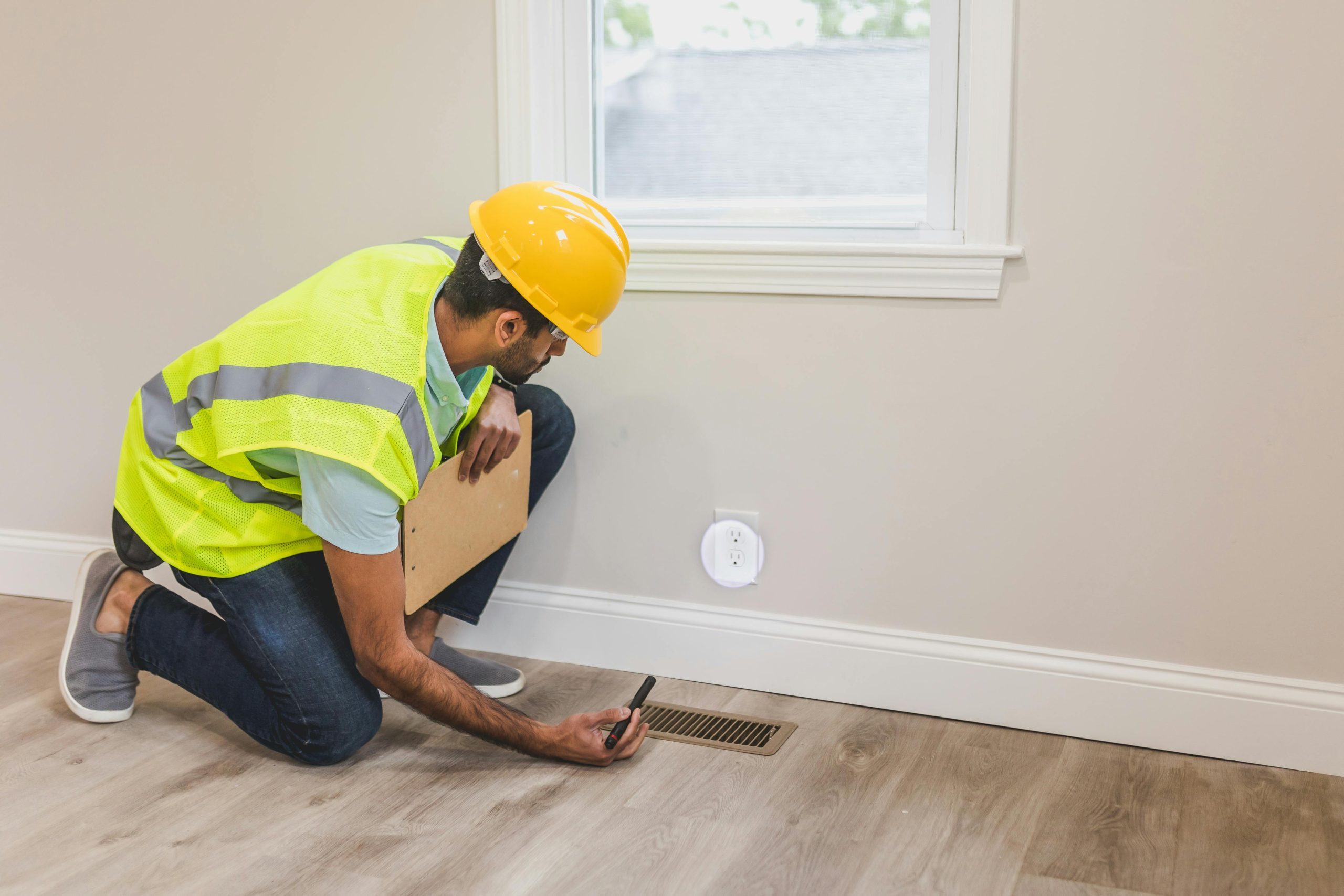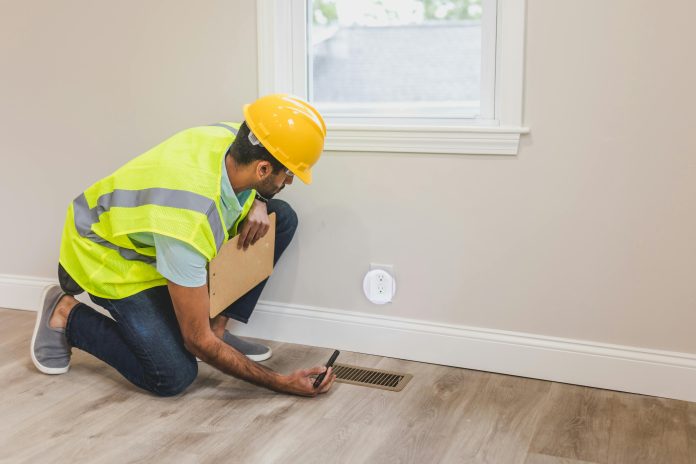Have you ever had a sudden home repair pop up when you least expected it? Maybe a leaking pipe flooded your kitchen, or your air conditioner stopped working in the middle of summer. These problems can be stressful, especially if you are not financially or mentally prepared. Many homeowners face unexpected repairs at some point, and without a plan, these situations can lead to frustration and financial strain.
The good news is that there are ways to stay ahead of these challenges. With smart planning and a proactive approach, you can reduce the impact of home repairs on your budget and daily life. In this blog, we will share practical steps you can take to prepare for unexpected home repairs before they happen.
Build an Emergency Home Repair Fund
One of the best ways to prepare for unexpected repairs is by setting aside money specifically for home maintenance. Owning a home comes with many responsibilities, and repairs can be costly. Having a dedicated emergency fund helps cover expenses without putting a strain on your regular budget. Experts suggest setting aside at least 1% of your home’s value each year for repairs. If your home is worth $250,000, that means saving $2,500 annually. This money can be stored in a separate savings account, so it remains available when needed.
Many people ask, what is an emergency fund and how does it work for home repairs? An emergency fund is a savings account that covers unexpected costs, including home maintenance, medical expenses, or car repairs. It prevents you from relying on credit cards or loans when emergencies arise. Setting up automatic transfers from your paycheck or monthly budget can help you grow your fund over time. Even small contributions add up and provide financial security when repairs become necessary.
Conduct Regular Home Inspections
Routine home inspections help identify potential problems before they turn into costly repairs. Checking your home regularly allows you to catch small issues early, saving you money in the long run. Some areas that need regular attention include the roof, plumbing, HVAC system, and electrical wiring. A simple visual check can help spot signs of wear and tear, such as leaks, cracks, or rust. Addressing minor concerns right away prevents them from becoming bigger problems.
Many homeowners overlook certain areas until something goes wrong. For example, a small roof leak may not seem urgent, but over time, it can cause water damage and mold growth. Inspecting your home twice a year—once in the spring and once in the fall—can keep you ahead of repairs. If you are unsure about certain areas, hiring a professional inspector can provide peace of mind and expert advice on what needs attention.
Learn Basic Home Repair Skills
While some home repairs require professional help, many small fixes can be done on your own. Learning basic home maintenance skills can save money and prevent minor problems from turning into bigger issues. Simple tasks like unclogging a drain, patching a hole in the wall, or replacing a faucet can be done without hiring a contractor.
There are many free resources available to help you learn these skills. Online tutorials, home improvement books, and community workshops provide step-by-step guidance on handling common repairs. Investing time in learning how to fix minor issues can give you confidence and keep your home in good condition. It also allows you to respond quickly to small problems before they become costly emergencies.
Keep Essential Tools and Supplies on Hand
Having the right tools available can make a big difference when dealing with home repairs. Even if you do not consider yourself handy, keeping a basic tool kit can help you handle minor fixes without waiting for a professional. Some essential tools to have include a hammer, screwdrivers, pliers, wrenches, and a utility knife. A power drill, tape measure, and flashlight are also useful for quick repairs.
In addition to tools, keep basic repair supplies on hand. Items like duct tape, super glue, caulk, and a set of spare light bulbs can be useful for temporary fixes. A plunger and drain cleaner can help with plumbing issues, while a fire extinguisher is essential for safety. Keeping these items in an easily accessible place ensures you can respond quickly to minor problems before they escalate.
Set Up a Home Maintenance Schedule
Creating a home maintenance schedule helps you stay organized and prevent unexpected issues. Many repairs can be avoided by performing regular maintenance on key systems and appliances. A simple checklist can help you keep track of tasks that need attention throughout the year. For example, checking smoke detectors, cleaning gutters, and servicing your HVAC system should be done at specific times.
Setting reminders on your phone or marking your calendar can help you stay on top of these tasks. Some maintenance tasks, such as changing air filters, need to be done every few months, while others, like inspecting the roof, can be done annually. Following a schedule reduces the risk of unexpected breakdowns and keeps your home in good shape year-round.
Review Your Home Insurance Policy
Home insurance provides financial protection in case of major repairs or damage. However, not all repairs are covered, so it is important to review your policy and understand what is included. Some policies cover specific types of damage, such as fire or storm-related repairs, while others exclude certain types of wear and tear. Knowing the details of your coverage helps you prepare for potential costs.
If you are unsure about your coverage, consider speaking with your insurance provider. You may need additional coverage for issues like water damage or roof repairs. Understanding your policy and keeping it up to date ensures that you are not caught off guard when a major repair is needed.
In conclusion,unexpected home repairs can be stressful, but preparing in advance makes them easier to handle. By building an emergency repair fund, conducting regular inspections, and keeping a list of reliable contractors, you can reduce the impact of sudden maintenance issues. Learning basic repair skills, having essential tools, and following a home maintenance schedule help prevent small problems from turning into costly repairs.









